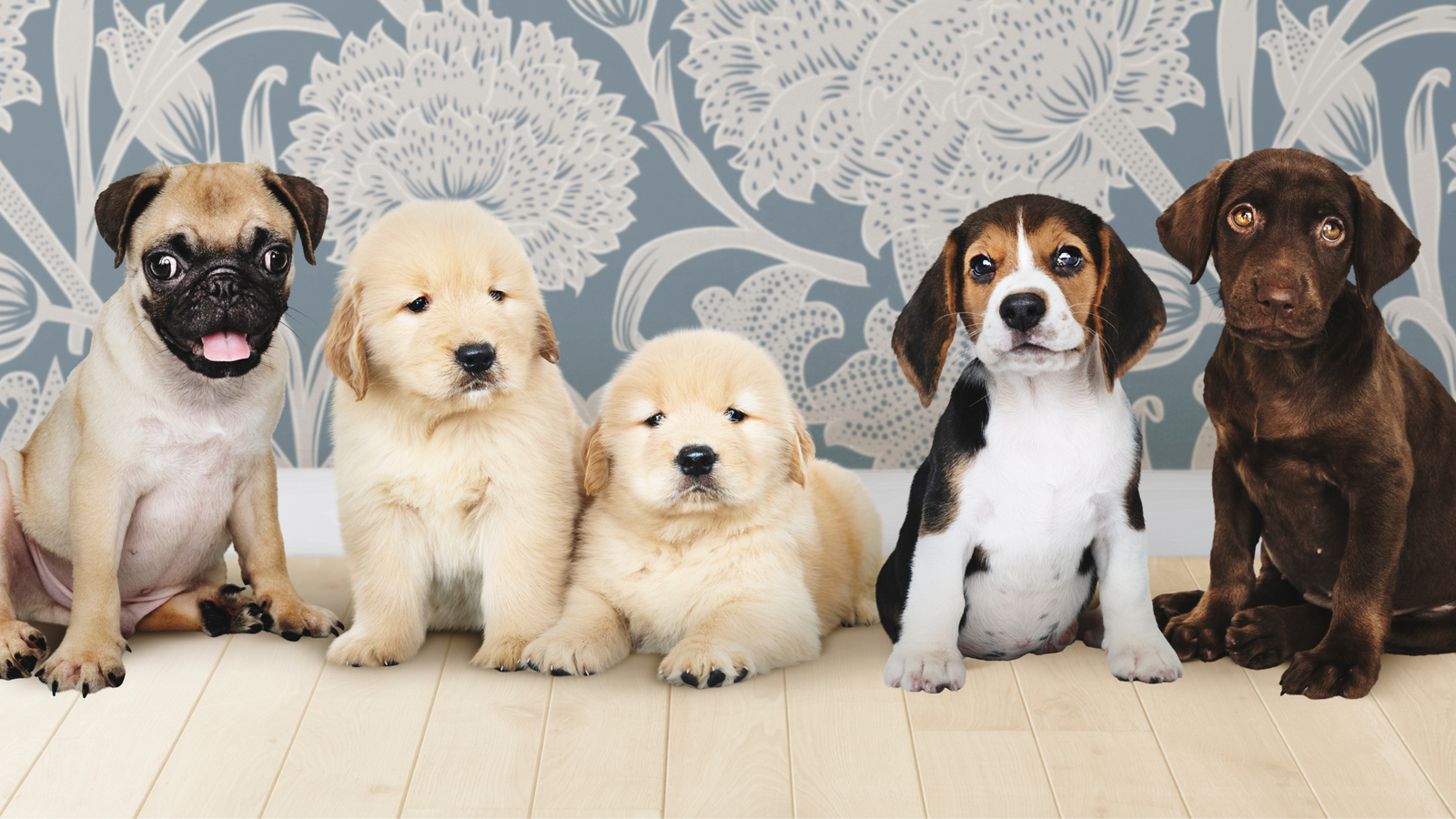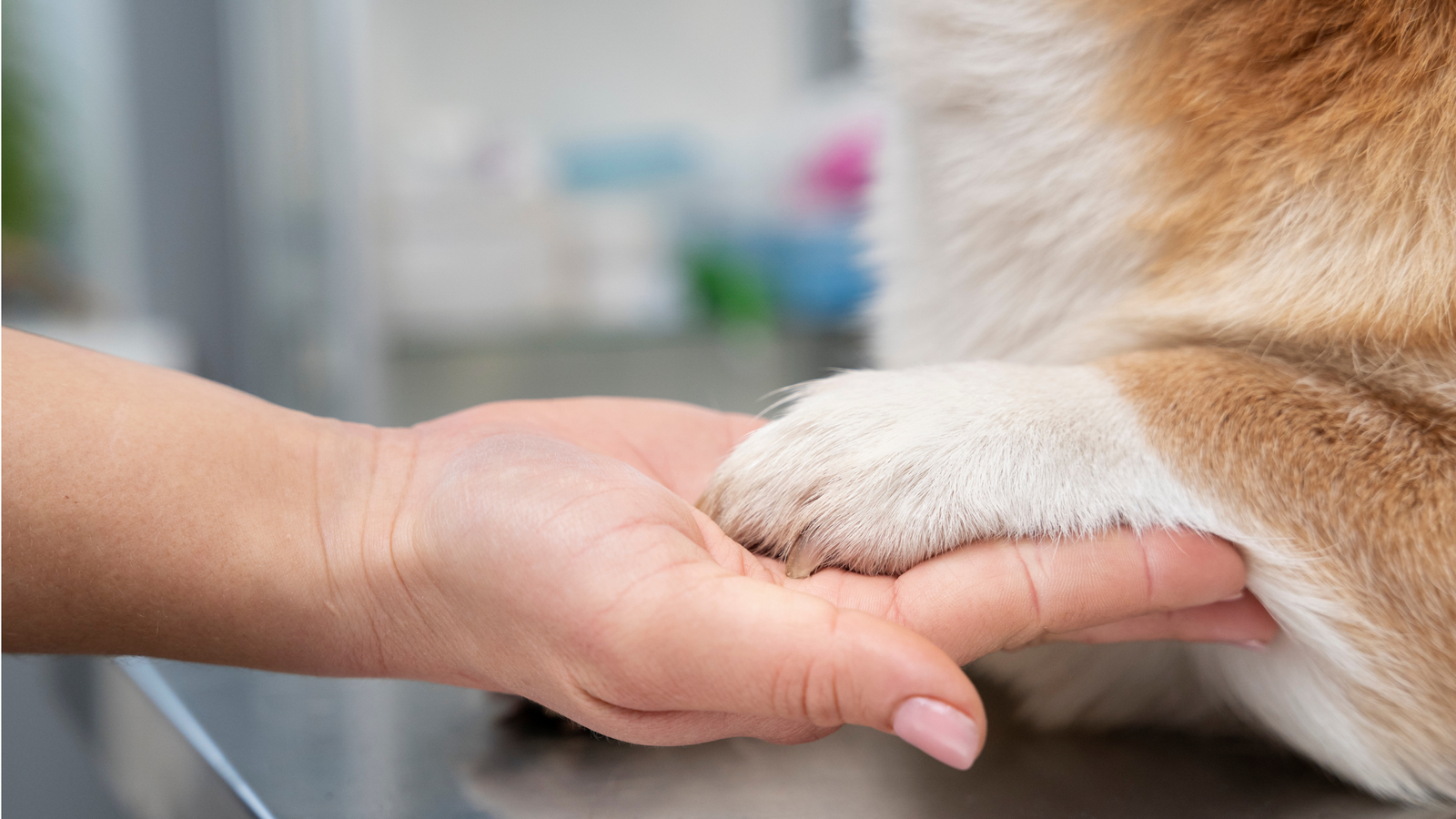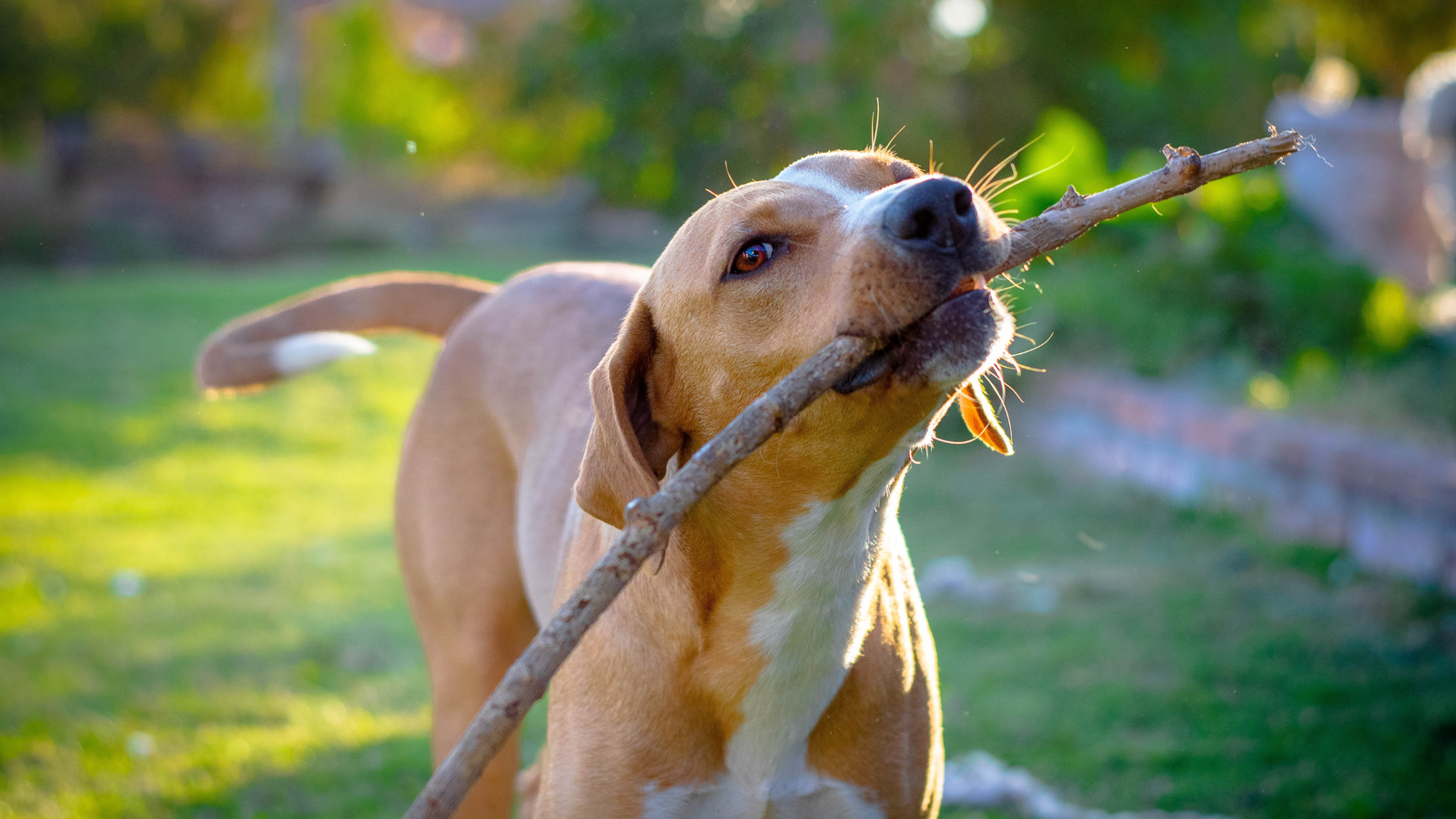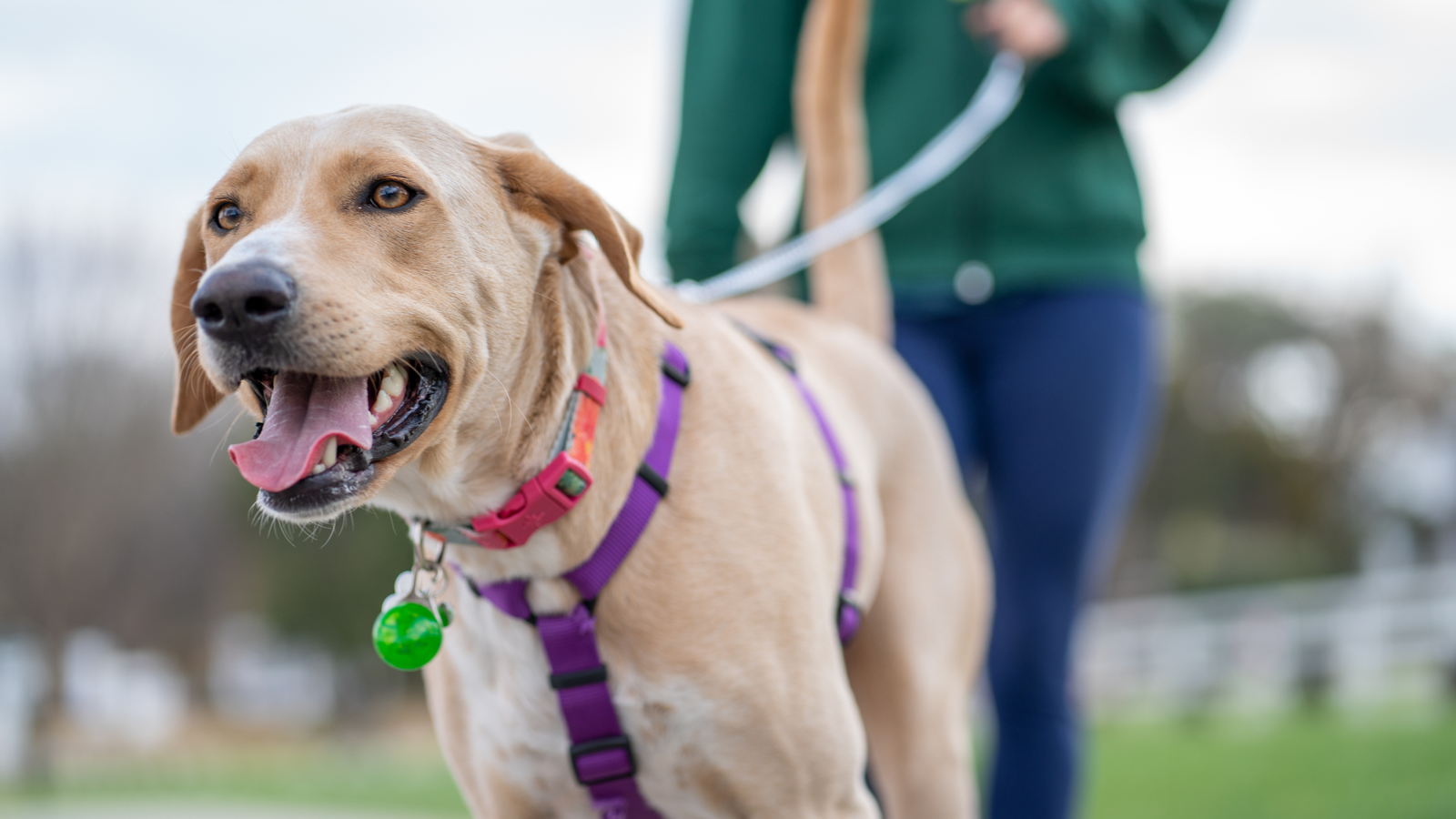Everything You Need to Know About Vaccines for Dogs in India
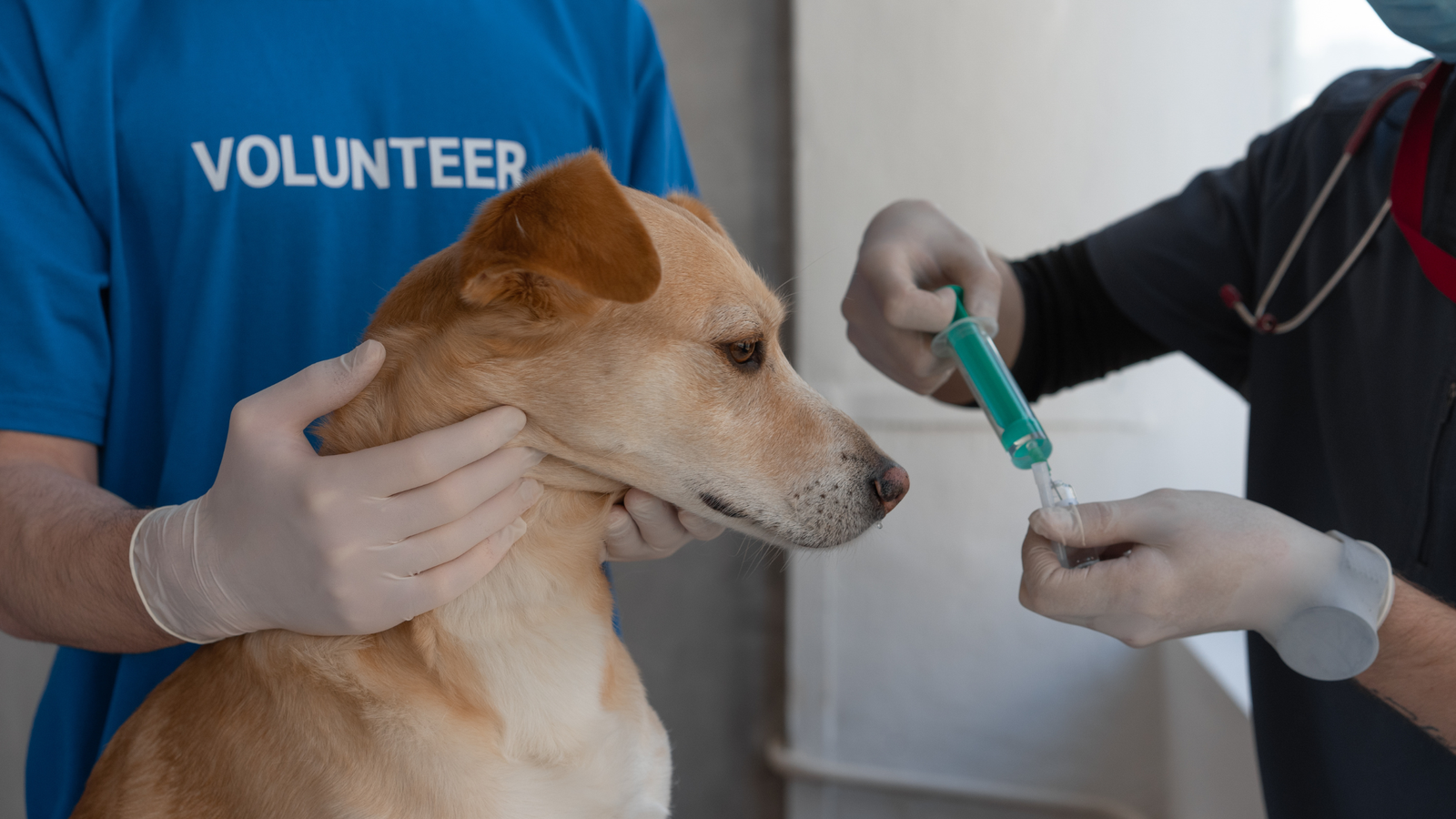
Vaccination plays an important role in pet health services as it prevents severe and even deadly conditions. Dog vaccination in India plays a critical role in preventing outbreaks, ensuring community safety, and enhancing the overall quality of life for pets. Vaccines can make the immune system identify and fight the pathogenic organisms before they are able to poison their bodies.
Why Vaccinate Your Dogs?
Vaccines alert the immune system to build up immunity towards certain diseases. In puppies as well as fully grown dogs, vaccinations reduce the chances of fatal infections, most of which can be transmitted with ease. Not only do core vaccines for dogs protect individual pets, but they also contribute to herd immunity, reducing the spread of disease within canine communities.
Mandatory Puppy Vaccines in India
At least there are some types of vaccines that are considered fundamental to all puppies in India. These mandatory puppy vaccines in India include:
- Rabies Vaccine: This vaccine is mandatory in India; it guards against a lethal virus that attacks the central nervous system.
- DHPPiL Vaccine: a 5-in-1 vaccine that provides immunity against Distemper, Hepatitis, Parvovirus, Parainfluenza, and Leptospirosis.
- Anti-Rabies Booster: A single injection is administered annually or as directed by the doctor to maintain the antibodies.
The core vaccines for dogs are mandatory for them due to the severity and widespread nature of the diseases they prevent.
Importance of Dog Vaccination
Vaccination also protects the dogs against highly contagious diseases, which may result in serious health conditions or even death. It also minimises future expensive medical procedures. The benefit of early immunisation is that the puppies develop immunity at a crucial time in their lives, which guarantees them a safer and healthier life in adulthood. Furthermore, the immunisations facilitate travelling, boarding, and safety during interactions with people.
Puppy Vaccination Schedule and Dog Vaccination Schedule
A structured puppy vaccination schedule is crucial to ensure timely protection. One of the general directions will be provided by the Indian veterinarians:
| Vaccination Schedule | Age/Time | Vaccine |
|---|---|---|
| Puppy Vaccination Schedule | 6 weeks | First DHPPiL injection |
| 9 weeks | Second DHPPiL injection | |
| 12 weeks | Rabies vaccine | |
| 16 weeks | DHPPiL final booster | |
| Dog Vaccination Schedule | Annually | Rabies booster |
| DHPPiL booster | ||
| Optional | Kennel cough, Canine coronavirus, Lyme disease (based on vet recommendation) |
A normal dog vaccination schedule has the following benefits: it keeps the vaccines effective and guarantees long-term immunity.
Tips for a Smooth Vaccination Experience
- Vaccination should not be carried out in an unhealthy and parasite-infested dog.
- Use calming aids such as Ayurvedic pet wipes to soothe the pet pre-vaccination and post-vaccination.
- Reward pets with less sugar dog biscuits post-visit to create a positive association.
- Make a record of all the vaccination applications that have been taking place.
Conclusion
Dog vaccination in India is a vital preventive measure that protects dogs from life-threatening illnesses. Adhering to a proper puppy vaccination schedule ensures timely immunisation and builds strong defences early in life. Following through with annual core vaccines for dogs and maintaining a vaccination record helps secure long-term health and safety. Additionally, supportive care with proper hygiene and nutrition, such as using Ayurvedic pet wipes and offering less sugar dog biscuits, contributes to overall well-being.
Frequently Asked Questions
The vaccinations are typically started at an age of 6 weeks and will be given in intervals until the age of 16 weeks before being regularly repeated once a year.
Following the primary rabies vaccination, it will require a boost of rabies every year or every three years, depending on the type of vaccine used and the local requirements.
The DHPPiL vaccine guards against five terrifying diseases, such as Distemper and Parvovirus diseases, which are prevalent and mostly lethal in unvaccinated dogs.
The transmission of canine coronavirus occurs when the virus comes into contact with infected faeces, infected surfaces, or surfaces that have been contaminated directly by infected dogs, especially in congested areas.
Vaccination against kennel cough will guard the dogs against a very contagious respiratory disease, especially essential when the dog spends most of its time with other dogs in kennels, parks, or gatherings.
To keep the boosters and not miss any appointments, it could be useful to have a record booklet or digital tracker of the vaccines.
Such symptoms are a perpetual dry cough, sneezing, stuffiness, fatigue, and a slight fever. In case of persisting symptoms, veterinary care is recommended.

